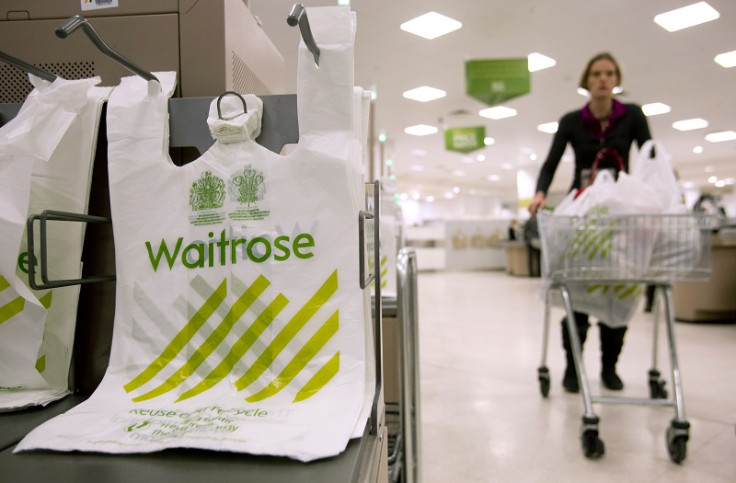Waitrose stops selling 'slavery' coffee tins showing black plantation workers
Patriic Gayle and Annette Saunders complained about the coffee tins to the supermarket's management.

Waitrose has removed a brand of coffee from its shelves, after customers perceived the images on the packaging to have racist connotations.
The supermarket giant pulled tins of Saquella 1856 espresso from its stores, after shoppers complained about the coffee's branding, which featured 19th-century slaves working on plantations.
The images depict slaves harvesting coffee beans, while a "white plantation owner" watches over them.
Patriic Gayle and Annette Saunders spotted the tins in the supermarket's store in the Brunswick Centre in Bloomsbury last month, before contacting the store's bosses.
"I noticed a new tin with pretty packaging, so I checked it out," Gayle told the Camden New Journal on Thursday (11 January).
"I looked a little closer and suddenly thought, 'Oh my God, these are slaves on a plantation'.
"In one, you have got a white plantation owner looking at the slaves. It just about ticked all the horror boxes you can imagine."
Gayle added the tins were pulled off immediately after the complaint, after he alerted employees.
"Their jaws dropped when I told them," he explained.
"They even tried to take it off the shelves, but it was put back the next day."
Once the items reappeared the following day, Gayle emailed Waitrose's customers service but received no reply, until he contacted the chain's managing director, Rob Collins, directly.
Eventually, Waitrose, which has 350 stores across Britain, agreed to remove the tins from all its stores.
"It's a small victory, but in today's climate I think it was one that was worth pursuing," Gayle added.
Waitrose said in a statement: "We are sorry for any offence caused by the images that were shown on these products.
We've spoken to the supplier who has explained that the images were intended to depict how coffee was historically harvested and traded."
Saquella, which has been producing coffee for over 100 years, also apologised for the incident, insisting the company was shocked the images had been misinterpreted.
"We apologise to anyone that was offended by the images," it said.
"As a Fairtrade accredited and EFSIS (European Food Safety Inspection Service) ethical standard approved business, we were shocked to learn they had been interpreted in this way and the products were removed from sale in December."






















